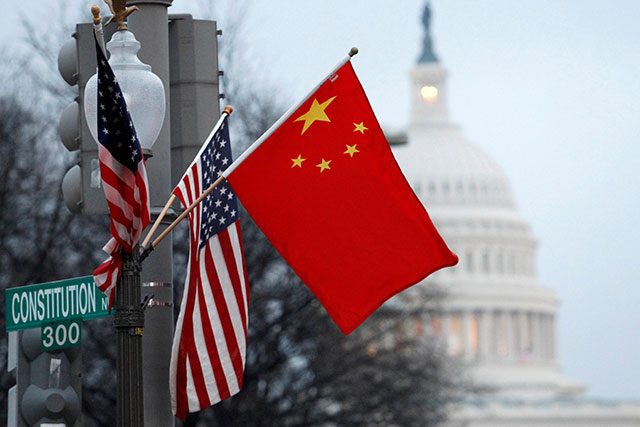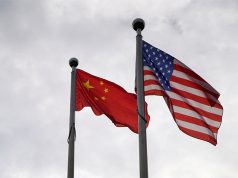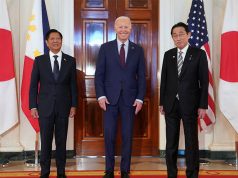
WASHINGTON – The U.S. Treasury Department is crafting rules that would block firms with at least 25 percent Chinese ownership from buying U.S. companies in “industrially significant” technologies, the Wall Street Journal reported on Sunday.
Citing people familiar with the matter, the newspaper said the U.S. National Security Council and Commerce Department were also devising plans for “enhanced” export controls to keep such technologies from being shipped to China.
The newspaper said the plans were expected to be announced by the end of the week but were not finalized and that industry would have a chance to comment before they went into effect.
The initiatives, the newspaper said, are designed to hamper plans that Beijing outlined under its “Made in China 2025” strategy to become a global leader in 10 key sectors that include robotics, aerospace and clean-energy cars.
Citing people familiar with the internal Trump administration debate, the newspaper said the United States plans to use the International Emergency Economic Powers Act of 1977 (IEEPA) to impose the investment restrictions.
It said the administration would look only at new deals and would not try to unwind existing ones, adding that the planned investment bar would not distinguish between Chinese state-owned and private companies.
The White House on May 29 said the Trump administration would press ahead with restrictions on investment by Chinese companies in the United States as well as export controls for goods exported to China, with details to be announced by June 30. It also said it would unveil a revised list of Chinese goods for tariffs, which it did on June 15.
The White House, Treasury Department and Commerce Department did not immediately respond to requests for comment. -Reporting by Arshad Mohammed, Julia Harte and David Lawder; Editing by Peter Cooney and Richard Chang









